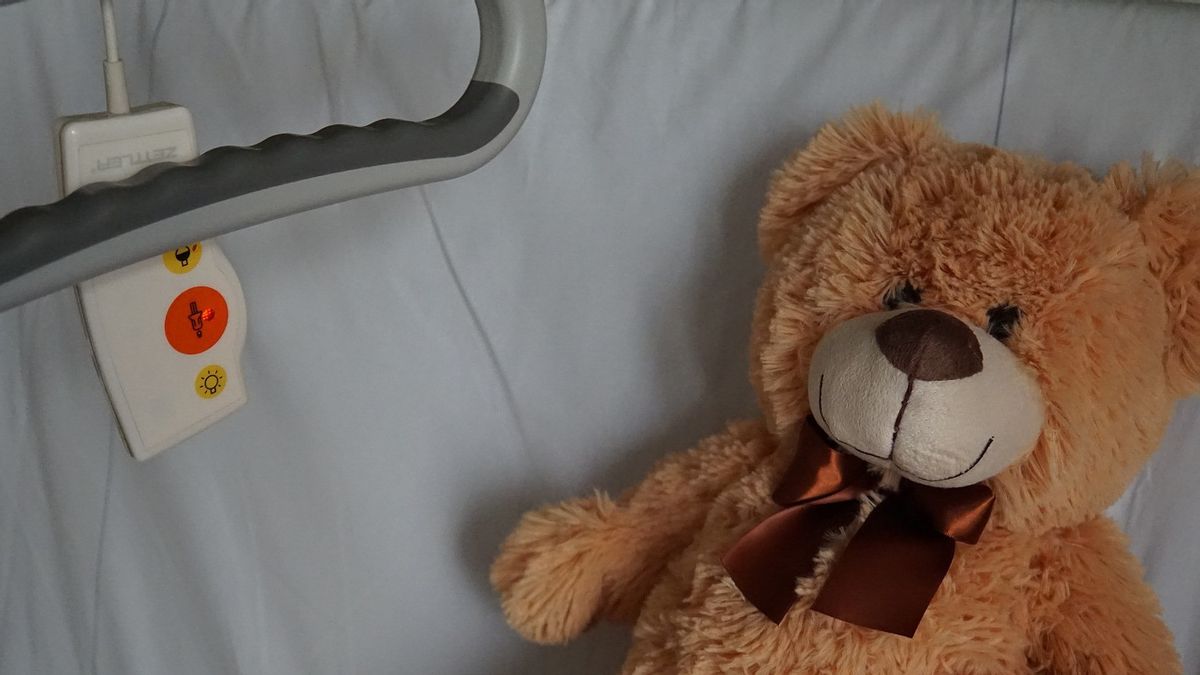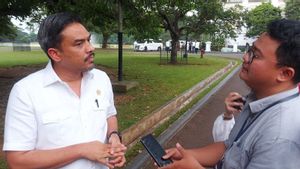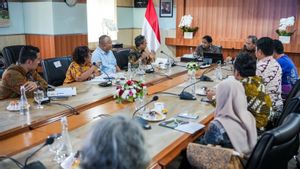JAKARTA - Commission IX of the DPR asked the Ministry of Health and the Food and Drug Supervisory Agency (BPOM) to immediately mitigate to anticipate the spread of acute kidney failure cases in children. Moreover, more than 140 children have died.
"After issuing an appeal for a ban on consuming mild drugs except for a list that has been declared safe by BPOM, it is necessary to make other mitigations so that the handling of this kidney failure case can be immediately controlled," said Member of Commission IX of the DPR PKS Faction Kurniasih Mufidayati, Thursday, October 27. Mitigation from the Ministry of Health, continued Mufida, including improving the system and having to be socialized as widely as possible. As well as being made with easy access so that people can quickly report suspected cases of acute kidney failure in children. According to him, public data reporting to health facilities can also be recorded directly to enter the centralized hotline. "This reporting system must be made proactive, not until the patient has arrived in a severe condition. The process must be accelerated, so that treatment can be faster and there are no cases that are not reported," explained Mufida.
Another mitigation that needs to be done is to alert and prepare type A and B hospitals to accept patients and carry out treatment. Meanwhile, type C hospitals are prepared to accept patients with symptoms of AKI for initial and follow-up examinations. "Given that the community is also filled with anxiety and worry, especially those who feel they have giventar medicine to their children," he said.
The DKI Jakarta electoral district PKS legislator appealed that hospitals must be equipped with facilities and infrastructure including medical personnel and medicines whose information has several alternatives imported from abroad. According to him, the preparation of special health facilities (faskes) for cases of acute kidney failure is very important, especially in the regions.
"Because the tools are special, the medical personnel is also special, so it is necessary to ensure the HR arrangements as during the handling of COVID-19. This requires cross-resolution coordination facilitated by the central and regional governments," said Mufida.
Meanwhile, the mitigation action carried out by BPOM is to accelerate testing of 69 types of drugs that have not yet come out. In addition, ensuring that all five products found with ethilen glycol contamination and people who have these five products are asked to dispose of them.
Mufida assessed that the pharmaceutical industry must also contribute by reporting reliable independent test results as responsibility in terms of production.
"BPOM needs to be more proactive in carrying out strict supervision of the production and circulation of liquid preparations, especially those using the solvent of glycol propylene, glycol polyethylene, sorbitol, and glycerin/glicerol, especially from manufacturers who have a history of committing violations," said Mufida.
Mufida added, in the mitigation process, it is also necessary to make a process of support from the central government to the local government considering that this case has spread in 26 provinces. Support, he said, needs to be done in terms of providing facilities, medical personnel including the JKN system that can cover the patient's actions.
"If it is only delegated to each local government, we are worried that its enforcement will not be maximized. We already have experience in handling COVID-19 where we mobilize all the resources we have. The same pattern can be done with the full support of the central government to the regional government, both cases and those that are not yet part of mitigation," he concluded.
The English, Chinese, Japanese, Arabic, and French versions are automatically generated by the AI. So there may still be inaccuracies in translating, please always see Indonesian as our main language. (system supported by DigitalSiber.id)













